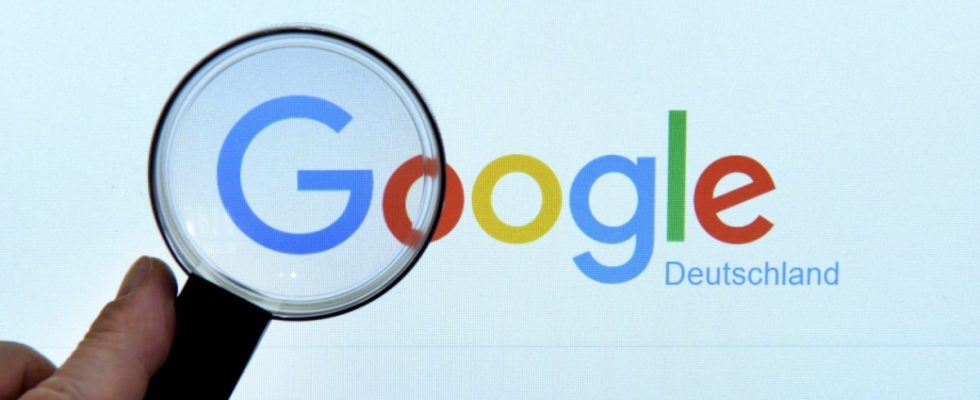Courts have been dealing with the “right to be forgotten” on the Internet for around ten years. Now the Federal Court of Justice (BGH) in Karlsruhe has taken an important step towards clarification. Anyone who wants to remove alleged false information about themselves from the search engine hit lists must be able to prove that the claims behind the link are obviously incorrect. According to the BGH, mere doubts are not enough to prompt Google, for example, to delete the relevant results from its list.
The two plaintiffs, a couple from the financial services industry, were suing Google, not the operators of the site, over several articles on a US website. An investment model that they operate with their companies was critically examined there. The texts were illustrated with photos showing the plaintiff in a luxury car, in a helicopter and in front of an airplane, and the partner in a convertible. This should underline the impression that questionable financial service providers are wallowing in luxury here. Of course, the business model of the website itself was also controversial: it was accused of not wanting to conduct any investigations, but instead wanted to blackmail financial service providers. This is exactly what the dazzling couple claimed.
Correct articles have to be accepted by those affected
This allegation was not clarified in the BGH proceedings, because Google as the defendant was not responsible for the content. However, those affected wanted to prevent the incriminating articles from appearing when their names were entered in the search engine. The BGH had first submitted the fundamental question to the European Court of Justice. His answer followed in December. According to this, those affected would have to submit “relevant and sufficient evidence” that the listed content was obviously incorrect. Only then is Google obliged to grant the request for delisting.
This is followed by the judgment of the sixth BGH civil senate. If the content of the articles were correct, then the couple would have to accept them without further ado, Senate Chairman Stephan Seiters made clear. However, the search engine operator does not have to check this on his own initiative, rather it is the turn of those affected. They would have to provide “sufficient and relevant” evidence that the articles were wrong. According to the BGH, what this means in practice depends on the specific circumstances. The words of the court suggest that one must not overtax those affected: they can only be asked to do what is “reasonable” in individual cases.
On the other hand, the BGH sets a significantly different accent with the so-called “thumbnails”, the preview images on which the persons concerned are shown without any context; You only find the content when you click on the photos. “The image of the individual is one of the main characteristics of his personality,” said Seiters. Because the “thumbnails” lacked the content that justifies showing the photos – i.e. the critical text about the investment model – the BGH ordered Google to delete the thumbnails. Of course, they had already been delisted in the course of the proceedings.

